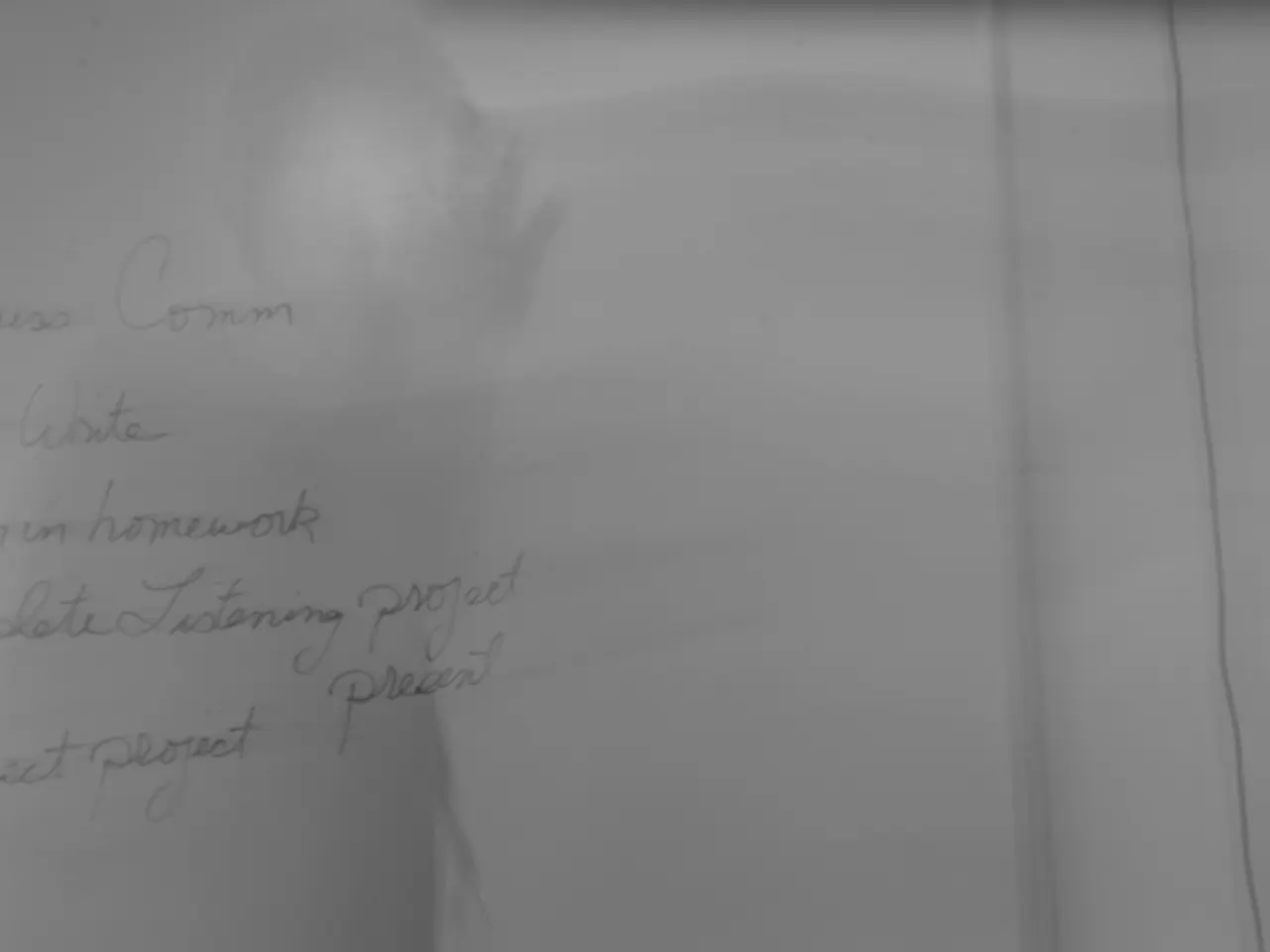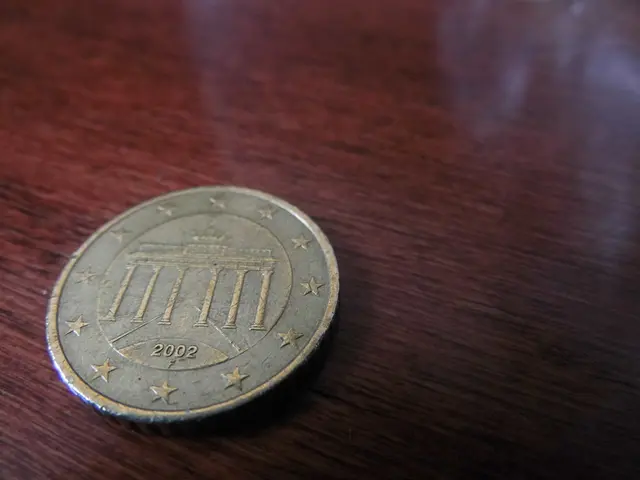Is it possible that Labour will reduce the tax-exempt cash portion of pensions in the upcoming Autumn Budget?
UK's Pension Tax-Free Cash Limit Under Review
The UK's tax-free pension cash limit, currently allowing retirees to take up to 25% of their pension pot tax-free with a cap of £268,275, is under review by the government.
In the recent past, there have been discussions about potentially lowering this limit, with some suggesting a reduction to £100,000 or even as low as £40,000. Notably, the pensions minister Torsten Bell has advocated for such a reduction. However, as of August 2025, no confirmed changes have been enacted.
During the election campaign, Sir Keir Starmer, the current Labour leader, was asked about the future of tax-free cash. He initially stated that the current system would be reviewed, but later clarified that the tax-free lump sum was here to stay. Since Labour came into power, there have been no assurances about the tax-free lump sum remaining the same.
The Institute for Fiscal Studies (IFS) and the Fabian Society are among those who have argued for reducing the allowance to £100,000. Both Becky O'Connor, director of public affairs at the pension provider PensionBee, and Ian Price, a pensions expert and director of Price Consultancy, agree that slashing or axing tax-free cash would be a risky move.
As the Autumn Budget on 30 October approaches, Chancellor Rachel Reeves could potentially make an announcement about this matter. The Budget could introduce a flat rate of pensions tax relief, but as of now, this idea has been shelved.
It is important to note that pensions are an easy target for governments to tinker with and raise much-needed cash. Any move to slash the pension tax-free cash could be seen as another attack on pensioners after Rachel Reeves's winter fuel payments raid.
The current status is that retirees can take up to 25% of their pension pot tax-free, with a cap of £268,275. The government's decision regarding potential reductions to this cap remains uncertain, but ongoing fiscal pressures and weak economic growth mean that the government could revisit cuts to the tax-free lump sum limit in future budgets.
[1] HM Revenue & Customs. (2021). Pension scheme taxation: lifetime allowance and annual allowance. Retrieved from https://www.gov.uk/guidance/pension-scheme-taxation-lifetime-allowance-and-annual-allowance [2] PensionBee. (2021). What is the Lifetime Allowance? Retrieved from https://www.pensionbee.com/learn/lifetime-allowance [3] The Guardian. (2022). Labour government considers cutting tax-free cash for pension savers. Retrieved from https://www.theguardian.com/money/2022/feb/14/labour-government-considers-cutting-tax-free-cash-for-pension-savers [4] The Telegraph. (2022). Pension savers face £40,000 tax-free cash limit. Retrieved from https://www.telegraph.co.uk/money/pensions/10522041/Pension-savers-face-40000-tax-free-cash-limit.html [5] The Times. (2022). Labour considers cutting tax-free pension cash. Retrieved from https://www.thetimes.co.uk/article/labour-considers-cutting-tax-free-pension-cash-3lxq720z8
- The proposed changes in the UK's pension tax-free cash limit have garnered attention in various sectors, with discussions in finance, business, and general news about potential reductions.
- Various organizations such as the Institute for Fisal Studies, Fabian Society, and experts like Becky O'Connor and Ian Price have expressed concerns about the potential impact of slashing or axing the tax-free cash on retirees' savings and pensions.
- In light of ongoing fiscal pressures and weak economic growth, it's speculated that politics may play a role in the government's decision regarding the tax-free cash limit, potentially affecting the investments and retirement plans of millions of Britons.




